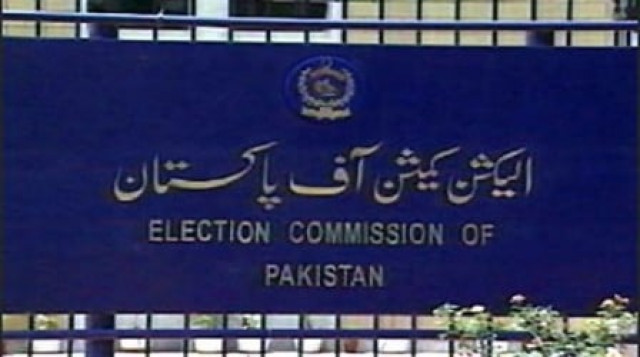Agreeable times
It is crucial that the person who presides over the general election, due by early 2013, is an unbiased one.

The matter of who will hold the post of CEC is an important one. It is crucial for the sake of democracy in our country that the person, who presides over the general election, due by early 2013, is an unbiased one. Otherwise, we will inevitably run into ugly allegations of rigging and tampering. This is, of course, something that needs to be avoided at all costs. Our democracy needs stability and order if it is to survive and we need to acquire viability so that we can live without the constant threat of disruption.
The last CEC nominee put up by the PPP had been opposed by the PML-N, which had suggested several names of their own. The 20th Amendment lays down that the CEC be selected after discussion between the prime minister and the leader of the opposition. There has been an argument over whether this procedure had been properly followed, following the retirement of the last CEC in March this year.
The conviction of former prime minister Yousaf Raza Gilani pushed this matter to the sidelines of national politics, however, it is important that it has been revived by Ashraf, who has also done well to win the opposition over. The law demands that the matter be put before the parliamentary committee after a candidate is agreed on. If no consensus is reached, the matter must go to vote. We hope, though, that the PPP and the PML-N will reach an agreement enabling things to move forward smoothly as preparations begin in earnest for what must be a fair and free election.
Published in The Express Tribune, July 2nd, 2012.















COMMENTS
Comments are moderated and generally will be posted if they are on-topic and not abusive.
For more information, please see our Comments FAQ